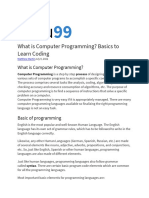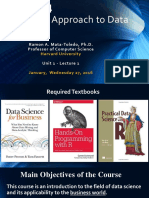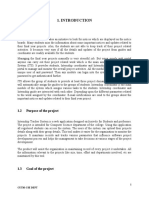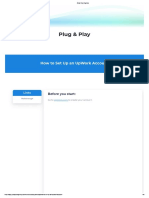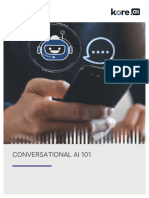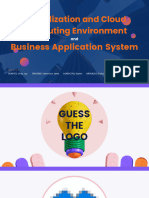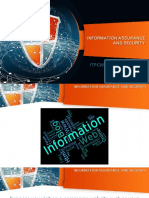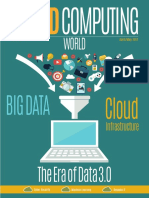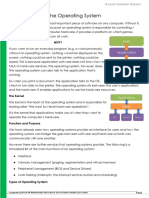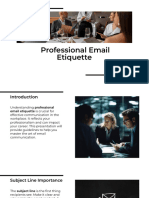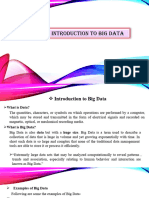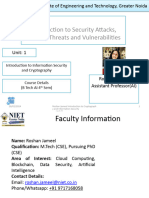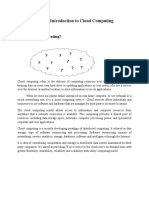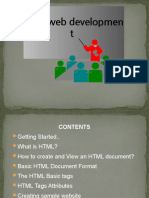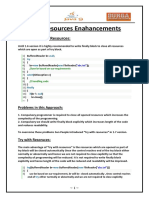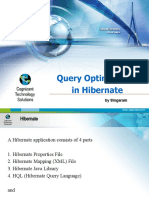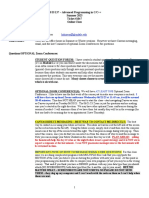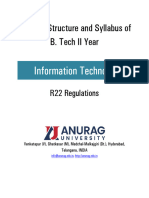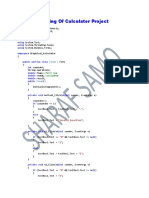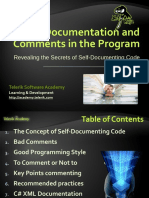0% found this document useful (0 votes)
100 views15 pagesMaster Your Coding Fundamentals
This document is a guide by Bashiri Smith aimed at aspiring coders who want to earn over $100,000 as software engineers within a year. It covers foundational programming concepts, essential tools like IDEs and terminals, recommended resources including YouTube channels and coursework, and emphasizes the importance of problem-solving skills and continuous learning. Additionally, it offers coaching services for personalized guidance in achieving coding career goals.
Uploaded by
Ema WatsonCopyright
© © All Rights Reserved
We take content rights seriously. If you suspect this is your content, claim it here.
Available Formats
Download as PDF, TXT or read online on Scribd
0% found this document useful (0 votes)
100 views15 pagesMaster Your Coding Fundamentals
This document is a guide by Bashiri Smith aimed at aspiring coders who want to earn over $100,000 as software engineers within a year. It covers foundational programming concepts, essential tools like IDEs and terminals, recommended resources including YouTube channels and coursework, and emphasizes the importance of problem-solving skills and continuous learning. Additionally, it offers coaching services for personalized guidance in achieving coding career goals.
Uploaded by
Ema WatsonCopyright
© © All Rights Reserved
We take content rights seriously. If you suspect this is your content, claim it here.
Available Formats
Download as PDF, TXT or read online on Scribd
/ 15





